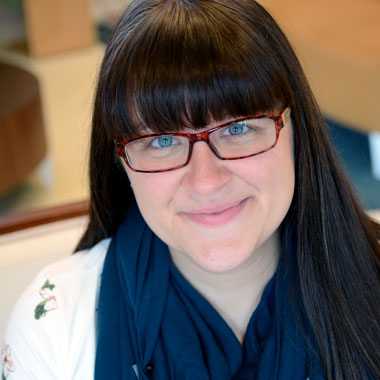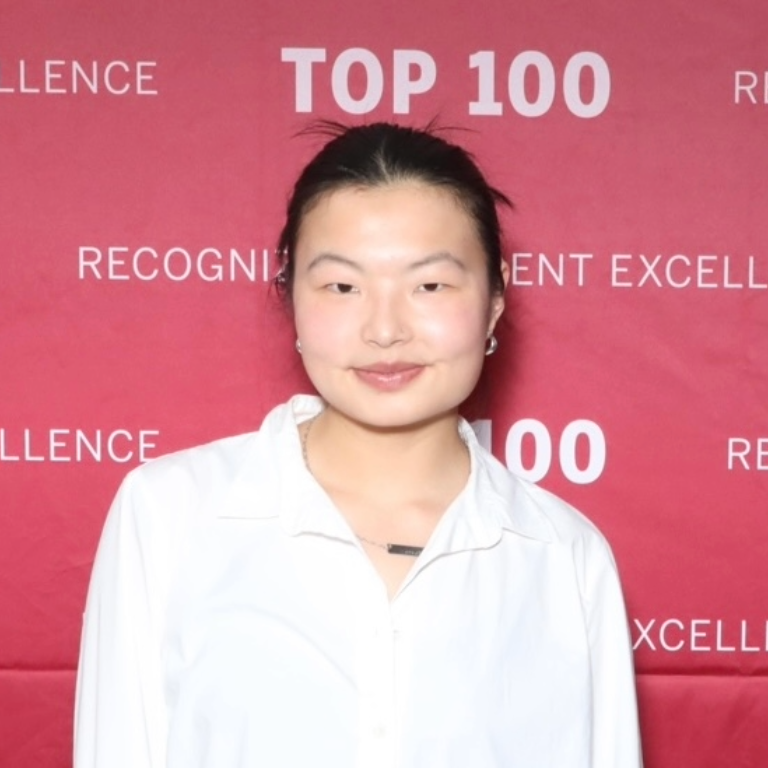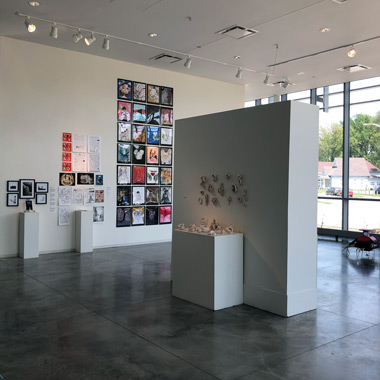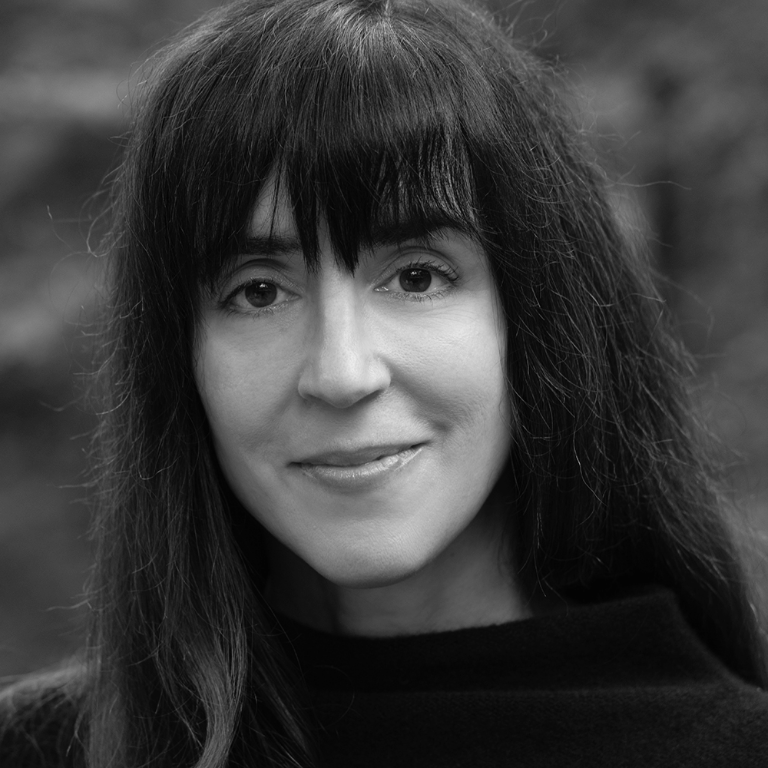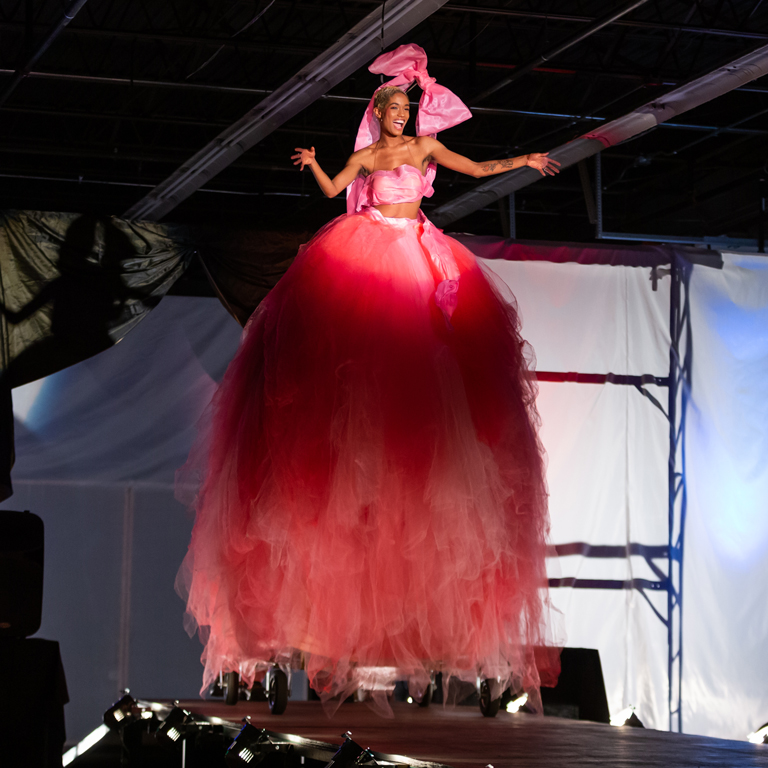The most recognizable career paths for art history graduates are focused on museum archives, scholarship and teaching, or gallery curation. Although, one set career path isn't always the case.
Today's art history students build strong cultural literacy and analytical skills while learning to connect time periods, territories, cultures, and more. Naturally, these skills are valuable to other fields.
The transferable skills gained while studying art history led Robin Tate Rockel (B.A. '07) to a gratifying career in public health and community engagement and ultimately landed her at WFYI, Indianapolis' public radio, TV, and news station.
HERRON: You joined WFYI's Side Effects team in Oct. 2017. What is Side Effects and how did you wind up working for WFYI?
ROBIN TATE ROCKEL: Side Effects is a health news initiative focusing on the impact of place, policy, and economics on America's health. We are headquartered at WFYI Public Media in Indianapolis. A community engagement component is part of what makes Side Effects unique, which is my sole focus on the team. I have valued WFYI for years, so I jumped at the opportunity when a position opened that fit my background.
HERRON: Before that, you worked in a similar role at United Way of Central Indiana and American Cancer Society. You are also an AmeriCorps alumna. Have you always had an interest in connecting communities?
ROCKEL: Very much so. Getting my feet wet professionally through AmeriCorps then moving into a role at the American Cancer Society really cemented my love for community involvement and collaborations. There is no better reward than hearing personal stories of positive impact and seeing programming data from initiatives you have worked on.
HERRON: Walk us through a typical day at WFYI. What does the role of a community engagement health specialist entail?
ROCKEL: Much of my time is spent coordinating events and community conversations that relate to the reporting that Side Effects does in Indiana. I also spend time creating partnerships and hearing from community members about public health issues that have personally impacted them. It's a lot of outreach, listening, and strategy.
HERRON: How has having a background in art history, sociology, and anthropology prepared you for the roles you've taken on?
ROCKEL: I believe I have benefited from having a background in my areas of study at Herron, even though they may not always directly relate to the work I currently do. The curriculum was well-rounded and offered me the opportunity to study different topics. I took advantage of that and find at times certain classes have provided a rich framework with which to begin a project in my professional career.
Specific to art history studies, it was helpful while learning modern and contemporary art in America to know the cultural context in which the artworks were created.
HERRON: Reflecting on your time at Herron, what is the most memorable or profound change you experienced at Herron?
ROCKEL: Many people realize their potential and strengths during college, but the most memorable change I recall is fully recognizing my interests, perspective, limitations, and capabilities. I remember dropping a few classes that I thought I would really love yet didn't. I remember struggling through some class projects. I also remember surprising myself and breezing through some classes. All were self-actualizing moments.
HERRON: What advice do you have for current or future Herron students?
ROCKEL: Take advantage of all the services that are available to you! Attend conferences and apply for travel grants. Get a work-study job. Take a class that seems really fascinating to you even if it might not directly relate to your area of focus. Stay connected.
HERRON: Any other opportunities you would like to pursue in the future?
ROCKEL: I'm keeping an open mind at this point. I would never have thought that I'd find myself in a fascinating role in public media. So, we'll see what's next!


